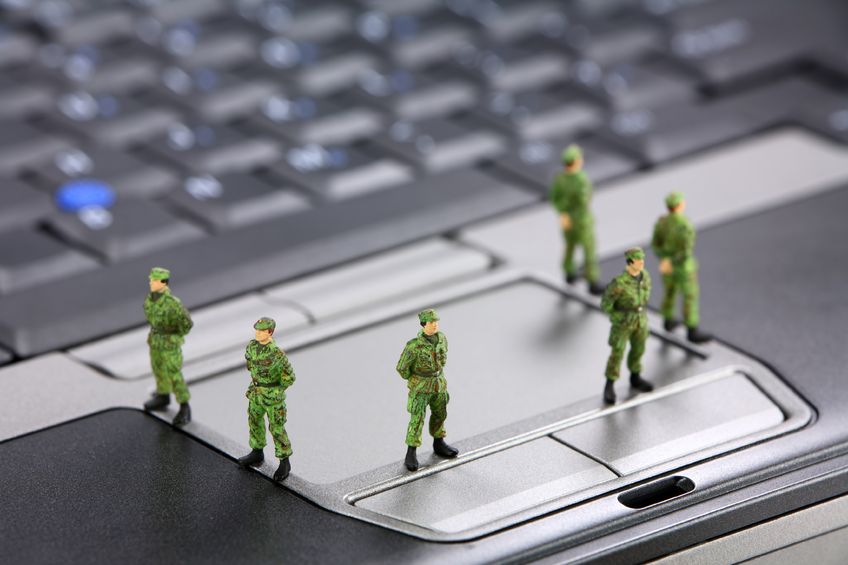
5 Tips for secure browsing on International Computer Security Day
INCREASE THE SECURITY OF YOUR PASSWORDS
Passwords are, in most cases, the only barrier between cyber-crooks and your personal data. Increase the security of your passwords for accessing all the online services you use.
And remember: Don’t use the same password for all of your services!
KEEP YOUR COMPUTER’S OPERATING SYSTEM UPDATED
Viruses and malware exploit security vulnerabilities in outdated versions. If you want to avoid this, you need the latest security patches.
Windows, for example, simplifies the task with automatic updates so that you don’t have to worry about it.
DO NOT CONNECT TO UNKNOWN WI-FI NETWORKS
It is normal when abroad or when you have used up all of your data to look for open Wi-Fi networks to connect and browse the Internet free of charge. We all do it but that does not mean that it is secure.
Take precautions and follow these tips for connecting to a public Wi-Fi network.
SHOP ON WELL KNOWN WEBSITES WITH A GOOD REPUTATION
When shopping online, make sure that the URL of the website that appears in the browser address coincides with the website you think you are browsing, and that the address starts with HTTPS. Shopping on trusted websites with a good reputation will prevent you from falling victim to data or identity theft.
In addition, it is important to check that the privacy policy is in a visible place and is up-to-date. Knowing how to return what you buy is another important aspect to consider.
USE THE BEST ANTIVIRUS
A good antivirus does a whole lot more than keep your computer virus-free. It protects your identify, your business and also neutralizes online fraud attempts when shopping online.
